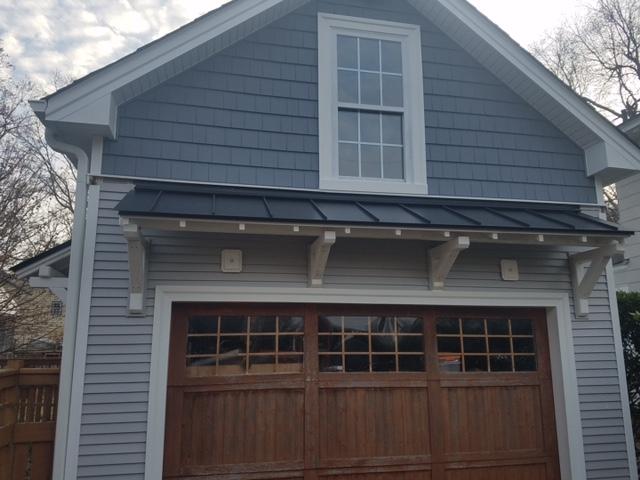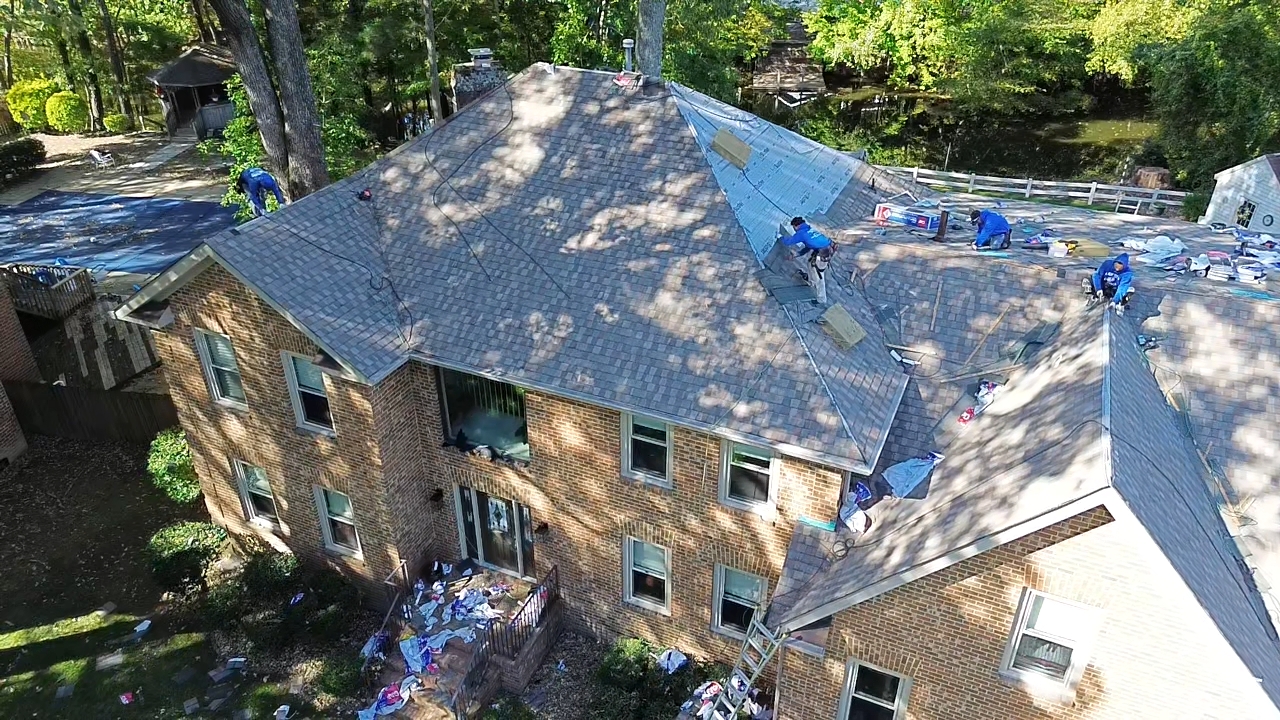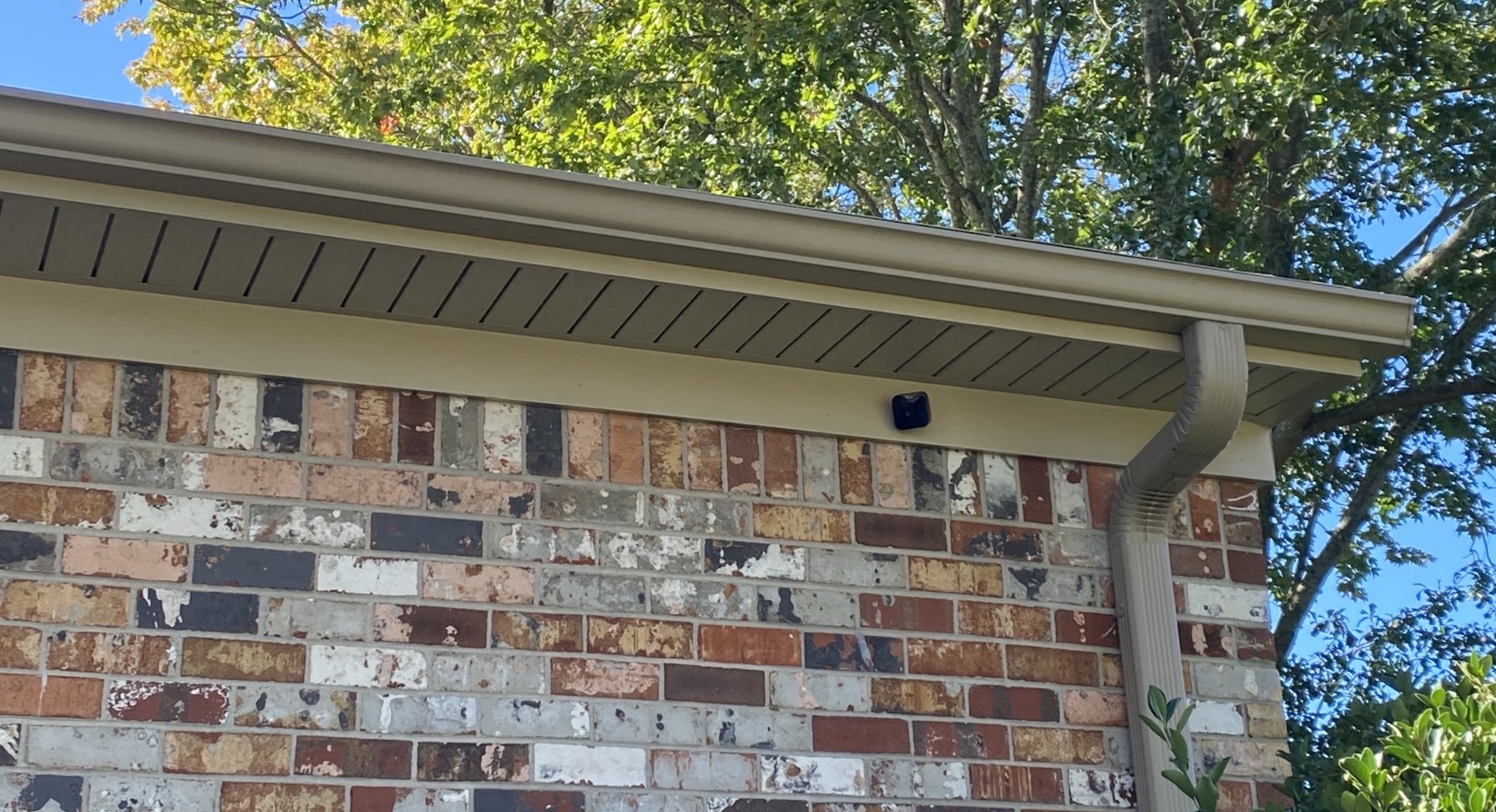How Humidity Affects Your Roof in Coastal Virginia (And What to Do About It)
Use our quick contact form to get in touch with our team. We will respond shortly.

If you live near the coast in Virginia, humidity isn't just a summer annoyance—it’s a real concern for your roof. As a leading roofing company in Chesapeake, WT Anderson knows how constant moisture in the air wears down your roof over time. Understanding the connection between humidity and roof damage can help you take preventative steps that save money and extend your roof’s life.
What does humidity do to your roof?
Humidity increases the amount of moisture your roofing materials are exposed to—even without direct rainfall. This persistent dampness can gradually degrade shingles, insulation, flashing, and even structural components.
Common humidity-related problems:
- Mold and mildew growth under shingles
- Wood rot in the decking or structural beams
- Premature shingle curling or blistering
- Degraded attic insulation
- Rusting on metal roofing components
Learn more about our roofing services
Why coastal Virginia is especially vulnerable
Living close to the ocean means your roof is exposed to a constant mix of salt air and moisture. That salty humidity accelerates corrosion and weakens roofing materials faster than in inland areas.
Add in Virginia’s hot summers and hurricane season, and your roof endures extreme conditions that demand proactive care.
How to tell if humidity is damaging your roof
Some signs of humidity-related roof issues include:
- Discoloration or black streaks on shingles
- A musty smell in the attic
- Increased energy bills (due to poor insulation)
- Peeling paint on roof eaves or ceilings
- Condensation on attic surfaces
These signs might seem minor but often point to a larger moisture control issue.
Preventive steps to protect your roof from humidity
Here’s what a professional roofing company in Chesapeake might recommend:
- Ensure proper attic ventilation. Airflow prevents condensation from accumulating.
- Inspect insulation. Make sure your attic is properly insulated to reduce temperature imbalances.
- Clean gutters regularly. Clogged gutters trap moisture against the roofline.
- Schedule regular roof inspections. Especially after summer or major storms.
Schedule your free on-site roof evaluation today
Why trust WT Anderson to handle moisture challenges?
With decades of experience in Virginia’s unique climate, we know what it takes to keep roofs dry, safe, and long-lasting. Whether you need an inspection, ventilation upgrade, or roof replacement, our team provides expert guidance and dependable service.
Explore our roof repair and replacement services
Sources:
- Energy Star: Roof Ventilation
- Owens Corning: How Moisture Impacts Roof Systems





